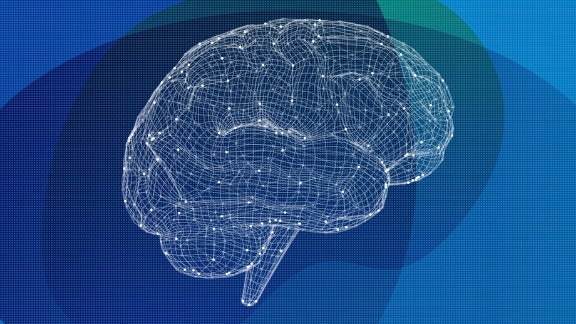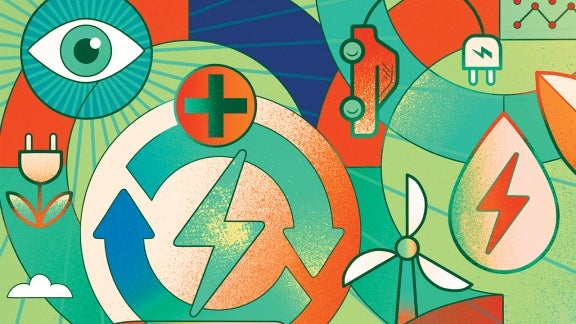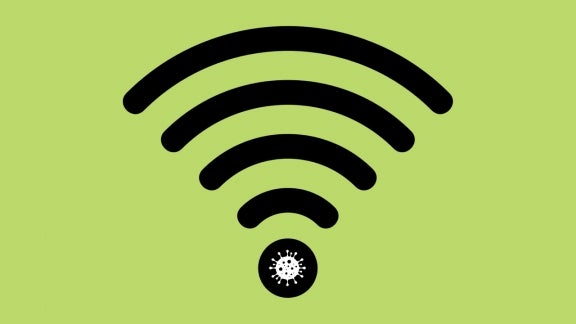
Health Benefits of Green Tea

There are many known benefits to drinking green tea — it can improve blood flow, lower cholesterol, help prevent a range of heart-related diseases, and it’s been shown to block the formation of plaques that are linked to Alzheimer’s disease, among others.
A recent study, led by Chunyu Wang, professor of biological sciences, has found that an antioxidant in green tea may increase levels of a natural anti-cancer protein. This “guardian of the genome,” p53, is able to repair DNA damage or destroy cancerous cells and the interaction between it and the green tea compound, epigallocatechin gallate (EGCG), points to a new target for cancer drug discovery.
P53 has several well-known anti-cancer functions, including halting cell growth to allow for DNA repair, activating DNA repair, and initiating programmed cell death if DNA damage cannot be repaired. EGCG is a natural antioxidant, which means it helps to undo the near constant damage caused during oxygen metabolism.

Wang’s team found that the interaction between EGCG and p53 helps preserves the strength of p53, which allows it to maintain a higher level in the body for its anti-cancer function.
“By developing an understanding of the molecular-level mechanisms that control key biochemical interactions linked to devastating illnesses such as cancer and Alzheimer’s disease, Chunyu’s research is laying the groundwork for new and successful therapies,” says Curt Breneman, dean of the School of Science.















